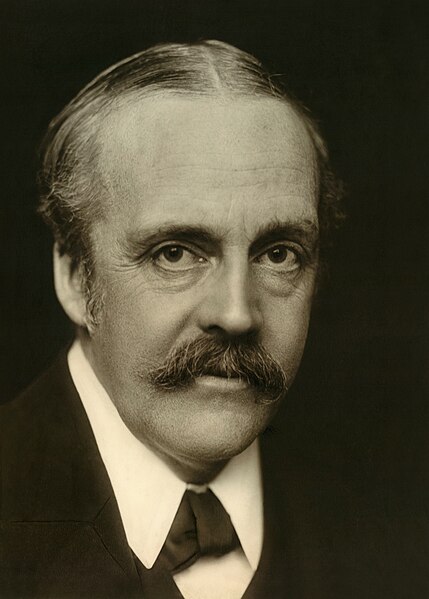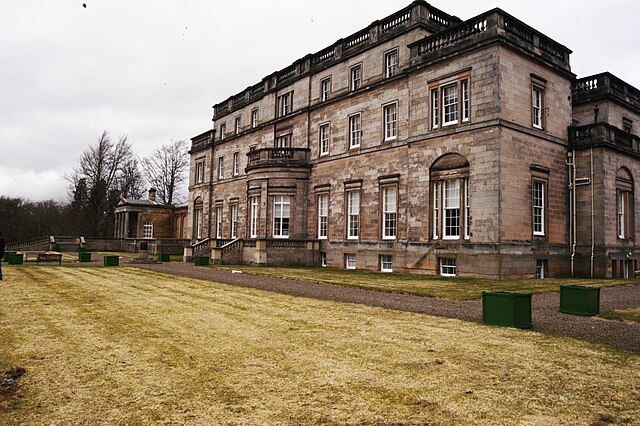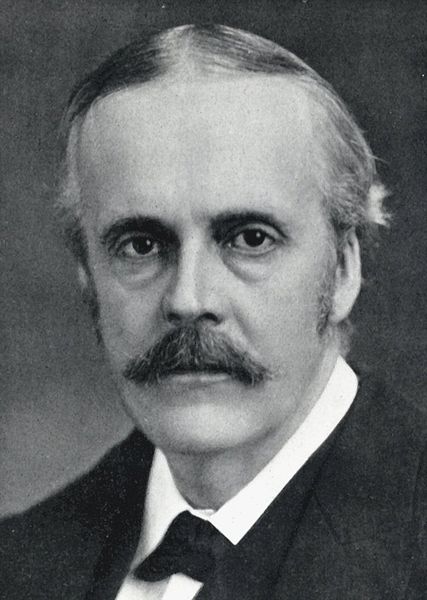The Balfour Declaration was a public statement issued by the British Government in 1917 during the First World War announcing its support for the establishment of a "national home for the Jewish people" in Palestine, then an Ottoman region with a small minority Jewish population. The declaration was contained in a letter dated 2 November 1917 from the United Kingdom's Foreign Secretary Arthur Balfour to Lord Rothschild, a leader of the British Jewish community, for transmission to the Zionist Federation of Great Britain and Ireland. The text of the declaration was published in the press on 9 November 1917.

The original letter from Balfour to Rothschild; the declaration reads: His Majesty's Government view with favour the establishment in Palestine of a national home for the Jewish people, and will use their best endeavours to facilitate the achievement of this object, it being clearly understood that nothing shall be done which may prejudice the civil and religious rights of existing non-Jewish communities in Palestine, or the rights and political status enjoyed by Jews in any other country.
"Memorandum to the Protestant Powers of the North of Europe and America", published in the Colonial Times (Hobart, Tasmania, Australia), in 1841
The "Basel program" approved at the 1897 First Zionist Congress. The first line states: "Zionism seeks to establish a home (Heimstätte) for the Jewish people in Palestine secured under public law"
Herbert Samuel's Cabinet memorandum, The Future of Palestine, as published in the British Cabinet papers (CAB 37/123/43), as at 21 January 1915
Arthur James Balfour, 1st Earl of Balfour,, also known as Lord Balfour, was a British statesman and Conservative politician who served as Prime Minister of the United Kingdom from 1902 to 1905. As foreign secretary in the Lloyd George ministry, he issued the Balfour Declaration of 1917 on behalf of the cabinet, which supported a "home for the Jewish people" in Palestine.
Portrait by George Charles Beresford, 1902
Whittingehame House
Balfour early in his career
Balfour c. 1890








